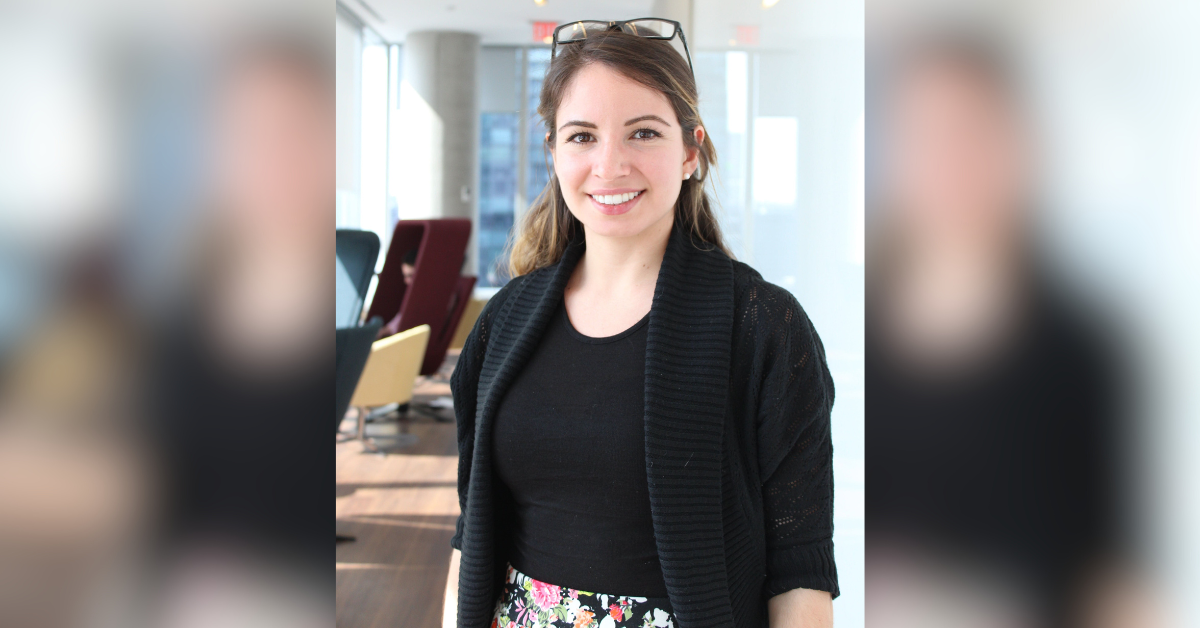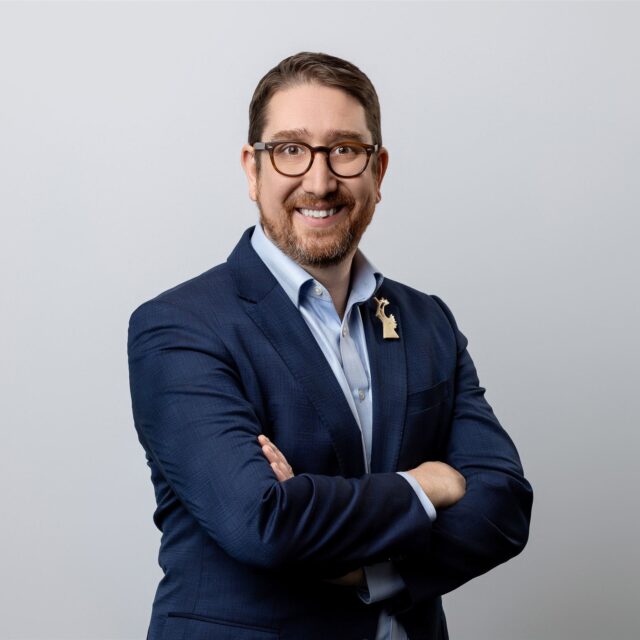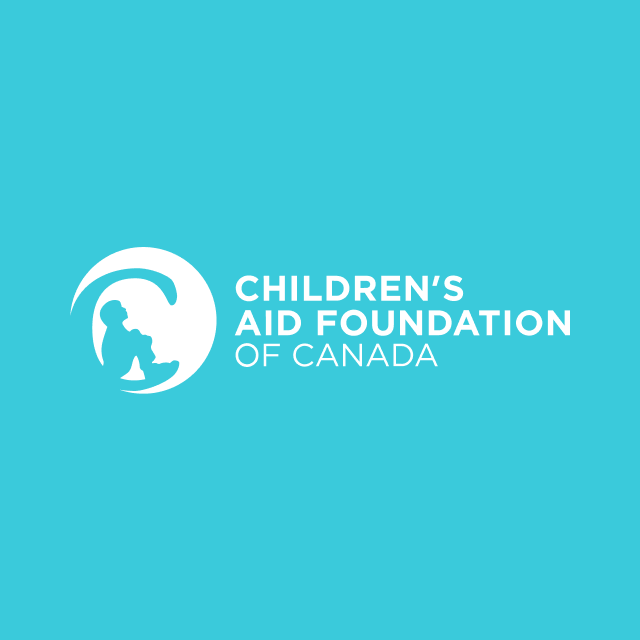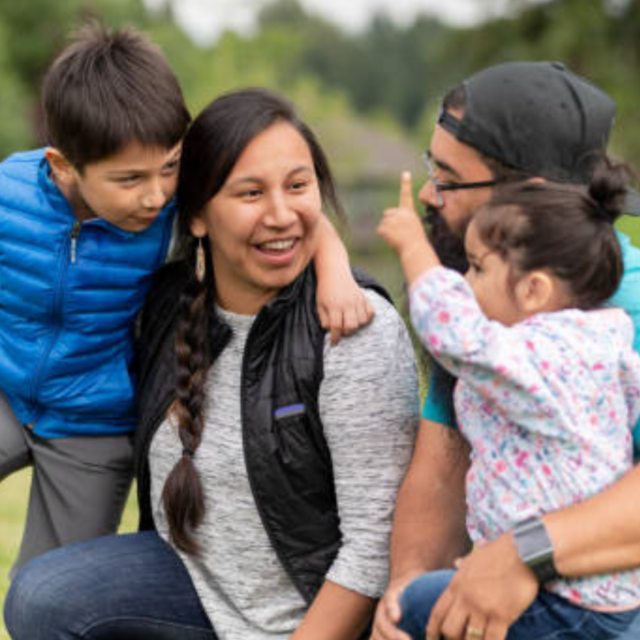For many youth from care, education is often a key to breaking cycles of past abuse and neglect, and building a foundation for future employment and financial independence. Unfortunately, with the added stressors of complex and changing home environments, learning and studying can be adversely affected, and made near impossible. In fact, across Canada, less than 50% of youth from care will graduate high school.
BREANNA entered the child welfare system at the age of 14, and struggled to build her identity and confidence. Always an avid student, education became her primary outlet, and allowed her to build a sense of self-worth. Enrolling in the University of Guelph’s Neuroscience Program, followed by enrollment at George Brown College and an MBA from University of Toronto, BREANNA was able to secure a permanent position after being placed in a summer internship through the Foundation’s Element Financial Youth Capital Program. She hopes to continue her career, and serve as an ambassador for other young people living in care.
*The opinions and views expressed in this article are that of the youth in profile, and not necessarily reflective of the official opinion or position of the Children’s Aid Foundation. This post was originally published on September 6, 2016. It was updated with new information on January 15, 2024.
Access to education means everything to me; it gives me the possibility of creating a future that’s nothing like my past, even for my kids. Post-secondary education opens-up doors to employment opportunities that would not be possible for me if I wasn’t able to go to university. Also, I just love school; so being able to continue my school is great for me in terms of happiness and interest.
“My mom took her own life when I was six; she’d been struggling for a long time before that with various challenges. After she died, I went and lived with extended family, and they were really forward about me not being accepted into their family. It was an abusive home environment with substance abuse, and so when I was 12, I moved-in with my dad. He didn’t want to take care of me either; he wasn’t used to having to care for any kids up until that point. After a couple years of living between his care, and the care of my extended family, I called Children’s Aid Society (CAS). I was looking for a home, which I had never really been a part of.”
“Being in care was difficult, because when I first called CAS, I thought it was going to be joining an actual family. When I was little, my best friend’s parents were foster parents, and in her house, she had foster kids living there and it was such a welcoming environment. I would think, ‘wow, it would be so nice to live in this type of family.’ I asked if I could go to a foster home, but they said it unfortunately it takes some time to get into a foster home because there are so many kids in need. So, I was placed in a group home, which was fairly independent. I had to cook for myself and do my own laundry, which was not what I had anticipated. I was a little bit angry and disappointed about the whole situation, and the head of the group home suggested I move to a treatment facility. I moved there, and it was very restrictive; I couldn’t leave ever. It was very much treatment-focused, and I was never allowed to be alone. I lived in the long-term facility for three years, but throughout the whole time I was never obliged to live there. It was close-knit with other people who were living in the home, but after three years I decided it was too much for me, and I was placed in a real, independent home. I also really wanted to be adopted; but it’s harder for older kids to find families. Overall, being in care was not what I expected, but there were a lot of good things that came out of it in the end. If I had continued to live with my dad or extended family, I think I would be very emotionally unstable. In care, I always had someone to talk to and encourage me, and I really focused on school.”
“Since I was a child, I’ve always really liked school. I was always really interested in my education, and the worse things got at home, the more I would invest myself into my schoolwork. But, for those middle years between grades six and 10, I wasn’t meeting my potential in school. I was trying my hardest, but not really getting anywhere, and that’s also when I entered care. Even though people were supporting me in my pursuit of education, it was really hard with all these other stressors in my life. When I turned 18, that’s when my whole life turned around. I moved-in with my boyfriend at the time. I think the whole time I was living in care, and even before, all I wanted was to be loved. And I had never experienced that, and my boyfriend showed me real love, and how to love myself. With that foundation of social support and caring, I was able to bloom in school. Now I feel like I’m in a much better position to reach my goals in life.”
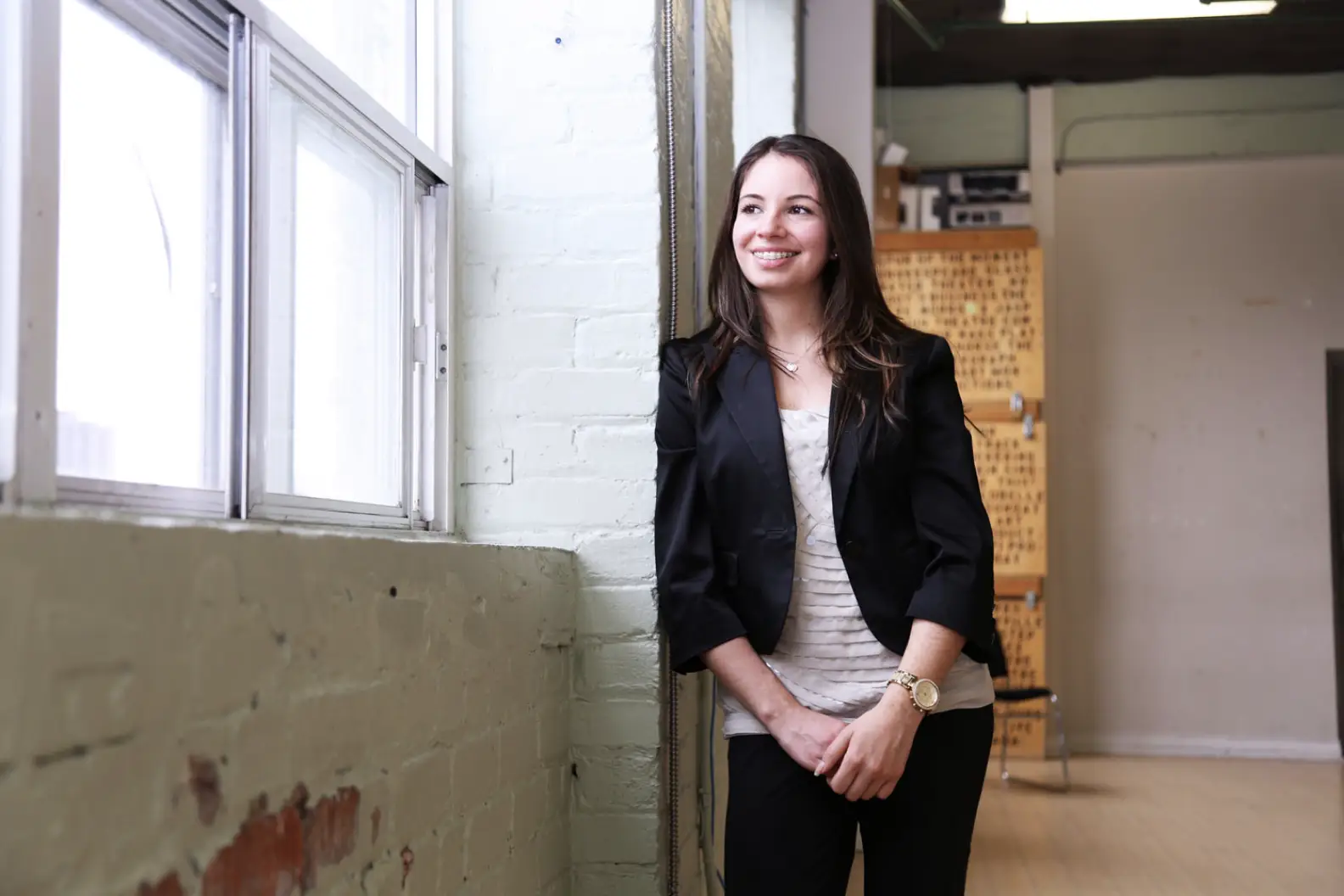
“When you’re younger, you’re trying to find yourself. Especially being in care, because everyone has come from hard pasts; you’re surrounded by other people who are also struggling, and a lot of those people are going down the wrong path. In fact, I was involved with them, abusing substances, and that wasn’t where I wanted to go. A big challenge for youth in care is not falling into that cycle, which can also relate to self-respect. Because of that relationship with my family, I really felt like I had to earn every relationship. And that set me back, because I always felt like I had to compensate somehow. I would go over and above because I wanted people to be my friend; like if I had to buy a birthday gift, I would go way over and above, and I would always receive less and think that was normal. It took living independently, and being able to take care of myself, to actually be successful in making relationships.”
“Access to education means everything to me; it gives me the possibility of creating a future that’s nothing like my past, even for my kids. Post-secondary education opens-up doors to employment opportunities that would not be possible for me if I wasn’t able to go to university. Also, I just love school; so being able to continue my school is great for me in terms of happiness and interest. All the funding that I’ve got from the Foundation has been incredible in helping me pursue those dreams. A lot of youth in care have it in their minds that they’re not ‘worth it’, which is one reason why I think a lot of youth from care [don’t attend post-secondary school]. They think ‘oh, I wouldn’t be able to do it anyway – especially financially’. That’s a big worry for a lot of youth in deciding whether or not to go to post-secondary school. Not only is it financial support, it’s also encouragement. I thought of the people who don’t even know me, who are donating to somebody in care to be able to pursue their future, and believing in me. A lot of people think of youth in care as not going anywhere, but there are a lot of people at the Foundation who believe in us. It’s very challenging to grow-up in care, but knowing that there is support out there, and there are opportunities after care, are one of the things that got me through it. Children in care have a lot to offer to society and they can go places.”
“I have been at RBC for the past seven years and currently work in regulatory compliance, helping our business partners ensure they comply with regulatory requirements. I previously worked in internal consulting at RBC where I had the opportunity to work on a year-long program related to RBC’s overall regulatory strategy, which sparked my interest in how we can collaborate across platforms to realize efficiencies and capitalize on business value over and above compliance. I have an RBC Bucket List that initially had six activities on it – I have completed three. Over the next five to ten years, I would like to complete the whole list. Remaining on my list: work for RBC abroad, become a people manager and work in ESG (Environmental, Social, and Corporate Governance).”
Support young people like BREANNA in achieving their full potential.
